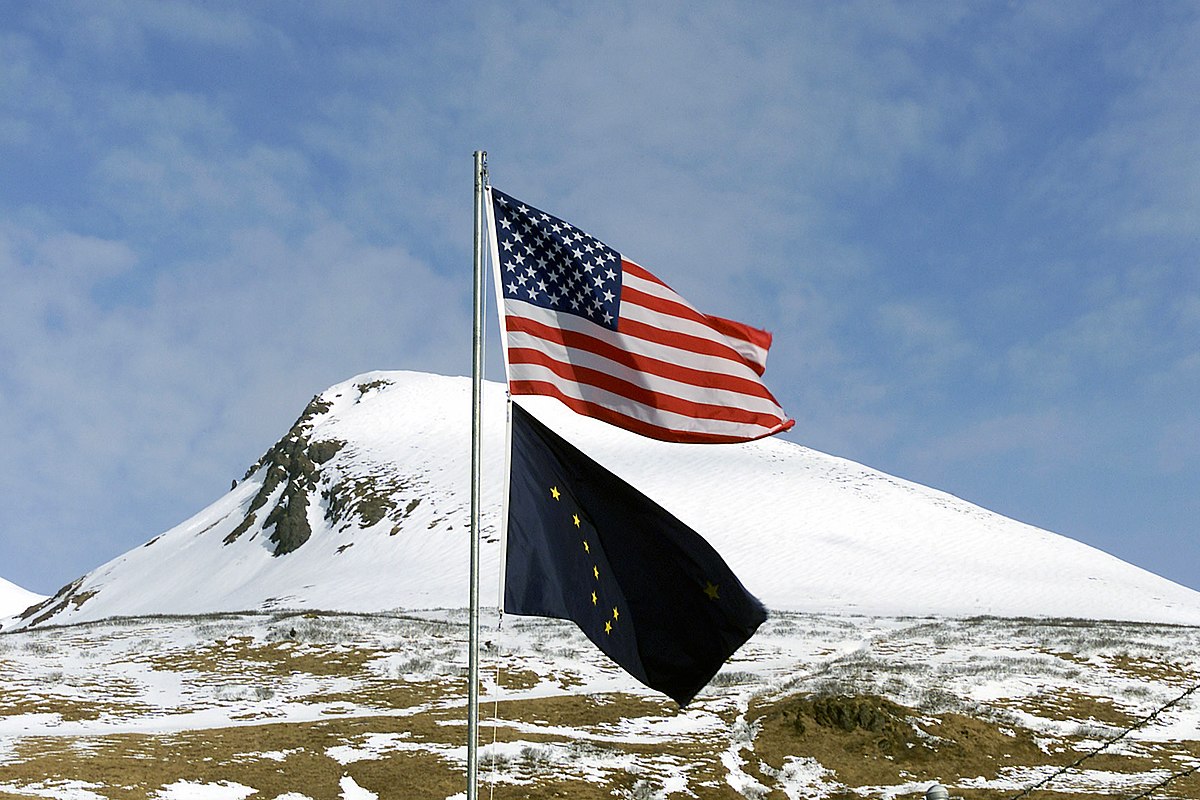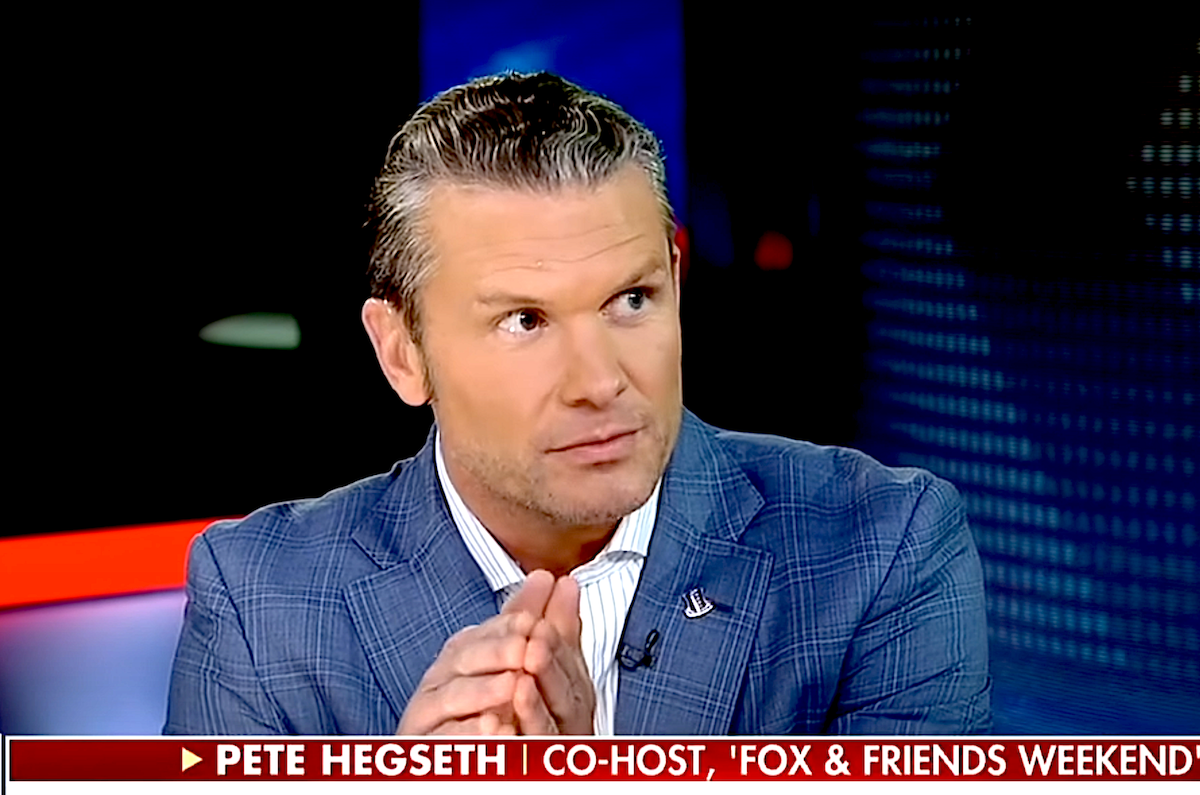Analysis: Unaddressed Issues in First Debate—Will They Repeat?
Sometimes, absence can define a presence. Artists talk about negative space–the emptiness around an image. Theologians speak of via negativa–the study of God through the study of what He isn’t.
As Republicans gear up for the second debate, the big story for many observers is another defining absence—former President Trump didn’t show up to the first debate on Aug. 23 in Milwaukee, and he’s not expected to appear in Simi Valley on Sept. 27.
He has taken issue with a loyalty pledge to the eventual GOP nominee he’d have to sign to appear on stage. The man who ran for the Reform Party’s nomination in 2000 seems to be keeping his options open—and it’s hard not to see why.
The Trump-shaped void at the Fiserv Forum in Milwaukee was a big deal. But other, smaller omissions and vacuums stood out to many observers, too.
Vaccines, Mandates, and Masks
“Vaccines. Mandates. Masks.”
Moderator Martha MacCallum did bring up the COVID-19 lockdowns, asking former Vice President Mike Pence, “How much of what we are seeing happening around this country is a result of those COVID lockdowns? And is your administration in part to blame for how we got here?”
In response to a question on education, Gov. DeSantis said that the Sunshine State “stood up for what was right,” opening schools in August 2020 while taking serious heat for the decision.
‘Would You Pardon President Trump?’
One of the first debate’s most dramatic exchanges came after moderator Brett Baier asked the candidates about a potential criminal conviction of former President Trump.
“If former President Trump is convicted in a court of law, would you still support him as your party’s choice?” Mr. Baier asked.
Ms. MacCallum later asked the men and woman, in Milwaukee, if former Vice President Pence “did the right thing” on Jan. 6, 2021.
But many viewers may have wondered about a different question, one that Mr. Ramaswamy batted over the net to former Vice President Pence.
“Why don’t you say this? Join me in making a commitment… that on day one, you would pardon Donald Trump,” he asked.
While one past Republican president, Richard Nixon, famously received a pardon from his former second-in-command, President Gerald Ford, former Vice President Pence was non-committal.
“If I’m president of the United States, we’ll give fair consideration to any pardon request,” he said. He stated that such a move “usually follows a finding of guilt and contrition by the individual that’s been convicted.”
Central Bank Digital Currencies and the US Surveillance State
The Federal Reserve is considering the possibility of introducing such a digital asset. Critics warn CBDCs could infringe on Americans’ Fourth Amendment rights and other constitutional guarantees.
“It’s absolutely the best tool for a surveillance state you can buy,” Idaho state Rep. Ted Hill, a Republican, told The Epoch Times for an August article.
He warned that CBDCs could enable the state to “know just how many rounds of ammunition you purchased” and “track everything you do.”
More generally, government surveillance and individual privacy did not take center stage in Milwaukee.
Election Integrity, Censorship, and More
- Election integrity after the 2020 presidential election and Republicans’ prospective attempts at legal ballot harvesting as legal disputes over those tactics may loom
- Censorship on social media, as well as controversial contacts between federal agencies and social media sites
- Trade and tariffs
- Industrial policy, now a hot topic as politicians and economists debate the best approach for addressing China’s dominant position in many key sectors
- The limits to legal immigration, especially as the Biden administration uses various maneuvers to provide legal pathways for those who illegally entered or inhabit the United States—for example, extending Temporary Protected Status to migrants from Venezuela and elsewhere
N August 2020, less than a year into the COVID-19 pandemic, the first presidential debate for the 2024 Republican nominee took place. While the absence of former President Trump dominated headlines, there were other notable omissions and
Inclusions among the candidates.
Inclusions among the candidates refer to the individuals who are considered as potential candidates for a particular position or opportunity. These candidates are included in the pool of potential hires or participants for further consideration and evaluation.
The process of determining inclusions among the candidates often involves reviewing resumes, conducting interviews, and assessing qualifications and experiences. It aims to identify individuals who possess the necessary skills, knowledge, and qualifications to succeed in the role.
Inclusions among the candidates may also involve considering diversity and inclusivity factors such as gender, ethnicity, age, and background. By including a diverse range of candidates, organizations aim to promote fairness, equal opportunity, and representation in their recruitment or selection processes.
The final selection or inclusion of candidates typically depends on various factors, including the specific requirements of the position, the organization’s values and priorities, and the qualifications and experiences of the candidates themselves.
" Conservative News Daily does not always share or support the views and opinions expressed here; they are just those of the writer."





Now loading...